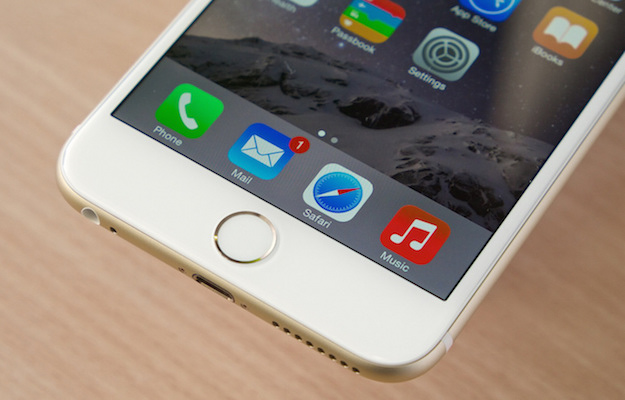There’s a huge battle between Apple and the FBI going on right now over the iPhone belonging to one of the San Bernardino shooters. A judge ordered Apple to comply with an FBI request, but the company is protesting firmly, saying that offering the kind of access the agency wants is equal to creating a backdoor in its software.
The fight, which might favor the FBI when it comes to public perception, isn’t about the old iPhone 5c. It turns out that if it’s successful in this endeavor, the FBI could ask Apple to crack even the newest iPhones and Apple would have the technical ability to do it.
DON’T MISS: The FBI has laid a clever trap for Apple
In short, the FBI wants three things of Apple, which at first do not sound like creating a backdoor into iOS: Disable the auto-erase function in iOS that kicks in after 10 failed PINs; remove the delay between password input; and – the most crucial one – allow the FBI to submit passcodes via a port on a phone from a computer so that it can force its way into the device.
One report from earlier this week suggested that the kind of techniques the FBI wants to use to crack open the iPhone would only affect the iPhone 5c belonging to the suspect.
But that might not be the case. According to TechCrunch, the same kind of attack would then be possible on any iPhone, in spite of the extra protections provided by Secure Enclave, a tiny chip inside every iPhone released since the iPhone 5s.
“[The new iPhones] come equipped with Apple’s proprietary Secure Enclave, a portion of the core processing chip where private encryption keys are stored and used to secure data and to enable features like Touch ID,” TechCrunch explains. “Apple says that the things that the FBI is asking for are also possible on newer devices with the Secure Enclave. The technical solutions to the asks would be different (no specifics were provided) than they are on the iPhone 5c (and other older iPhones), but not impossible.”
In the eyes of some people, this might be a lost battle for Apple’s PR department. The company is essentially seen as protecting the rights of a terrorist who killed many innocent people, though that’s hardly the case. If successful, the FBI will have a precedent that will give it virtually unlimited access to any iPhone in the country.








